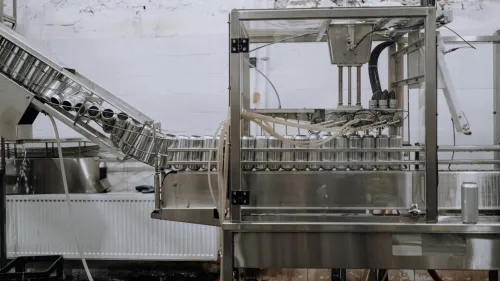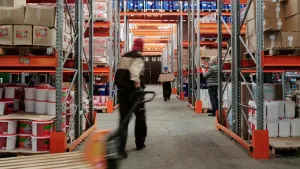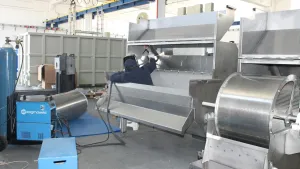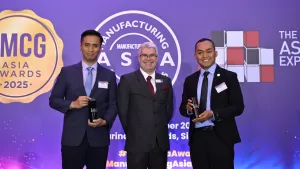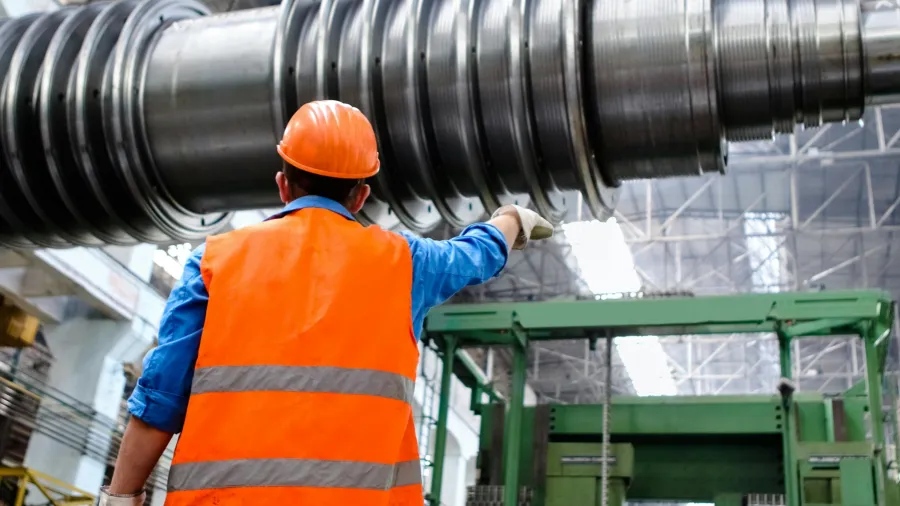
South Korea's manufacturing woes deepen as US tariff fears bite
It contracted for 6th consecutive month.
South Korea's manufacturing sector endured a sharper downturn in July, with production and new orders falling at steeper rates as domestic economic weakness combined with concerns over American trade policy to dampen industrial activity.
The country's Purchasing Managers' Index (PMI) dropped to 48.0 in July from 48.7 in June, marking the sixth consecutive month of contraction. Any reading below 50 indicates a shrinking sector.
Manufacturers reported a fifth straight month of declining output, with production volumes falling at a more pronounced rate than in June. Companies cited challenging domestic economic conditions and dwindling new orders as key factors behind the deterioration.
The automotive and construction sectors appeared particularly vulnerable, with firms pointing to notable weakness in the domestic economy. New orders tumbled sharply, extending a four-month streak of decline that has left manufacturers struggling to maintain operational levels.
Export demand continued to weaken, though the rate of decline in new export orders eased slightly—offering a glimmer of hope amid otherwise gloomy conditions. However, this modest improvement was overshadowed by accelerating domestic troubles.
Cost pressures intensified significantly, with input price inflation reaching its fastest pace in four months. Manufacturers attributed the surge to higher raw material costs linked to US tariff policies and unfavourable exchange rate movements—factors that have squeezed profit margins across the sector.
"Price pressures intensified at the start of the third quarter, with businesses recording the fastest rise in input prices in four months," said Usamah Bhatti, Economist at S&P Global Market Intelligence. "Firms often noted that higher raw material prices and exchange rate fluctuations—both linked to tariff increases—added to cost burdens."
Supply chain disruptions worsened markedly, with delivery times lengthening at the most pronounced rate since January 2023. Companies blamed global conflicts and logistical bottlenecks resulting from trade tensions for hampering supplier performance.
Employment levels fell for the second consecutive month as manufacturers restructured their workforces in response to reduced production requirements. Meanwhile, companies continued to run down inventories and scale back purchasing activity to match weakened demand conditions.
Perhaps most concerning for South Korea's economic outlook, business confidence turned negative for the first time in three months. Manufacturers expressed pessimism about the coming year, citing fears that domestic weakness would persist whilst global trade tensions and geopolitical issues continue to weigh on output and demand.
The deteriorating conditions highlight South Korea's vulnerability to both domestic economic challenges and external trade pressures, particularly from evolving US trade policies that have created uncertainty across Asian manufacturing hubs.
